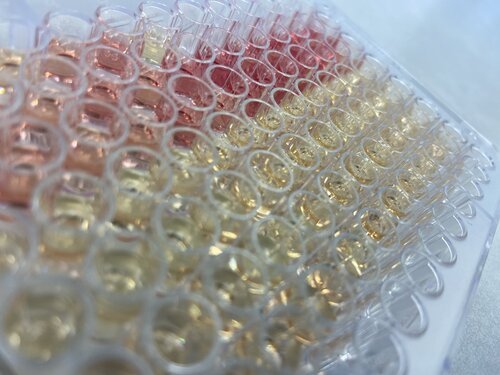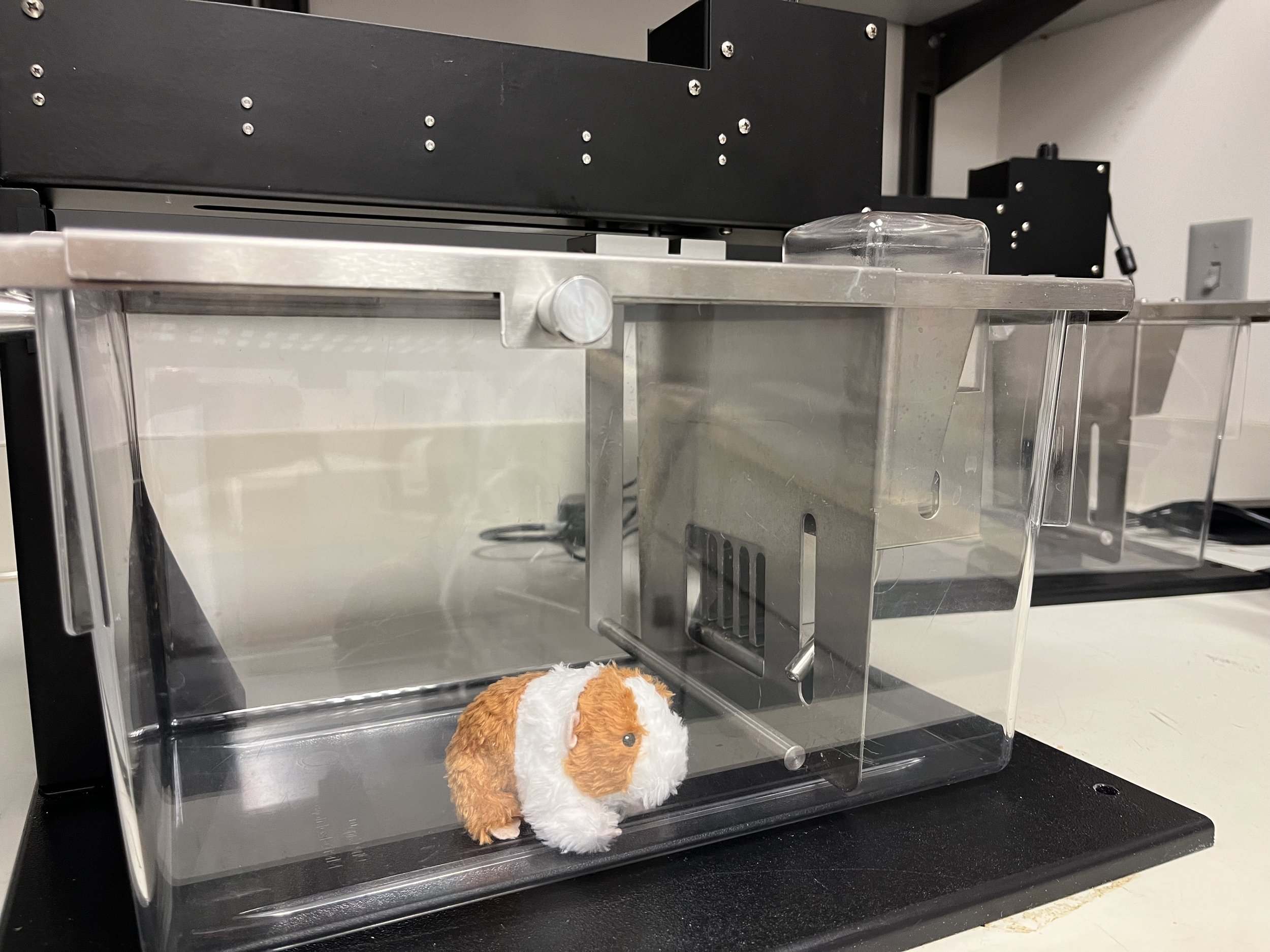Current Research
Metabolic Contributions to Neurodegeneration
Metabolic disturbances, such as obesity, Type 2 diabetes, and hyperlipidemia, are risk factors for neurodegenerative conditions like Alzheimer’s disease and Parkinson’s disease. These metabolic conditions can contribute to inflammation and nerve damage chronically over time. Sleep and circadian disruption can also contribute to neurodegeneration. We are currently investigating the effects of long-term sleep deprivation on retinal degeneration, as well as how altered liver metabolism affects memory and behavior.
High fat diet feeding in mice caused steatosis (aka fatty liver, left), while high fat diet + alcohol together caused severe bridging fibrosis (arrows) in the liver.
Retinal ganglion cells from sleep-deprived Alzheimer’s disease mice have significantly smaller dendritic fields compared to sleep-deprived wild type (normal) mice. Image c/o Dr. Matthew Smith, PhD, in collaboration with Dr. Christine Dengler-Crish, PhD.
Alcohol-Induced Liver Injury
Alcohol-associated liver disease often begins with steatosis (fatty liver) and can progress to more serious liver disease with continued alcohol use. We study how alcohol affects the function of the liver, intestine, and brain. We are also studying how diet and ethanol interact to worsen liver disease.
Diet-Induced Liver Injury
It is estimated that up to 25% of the global population are living with steatosis, or fat deposition in the liver, which is typically co-morbid with obesity, Type 2 diabetes, and dyslipidemia. Steatosis, while relatively benign, can progress to steatohepatitis (fatty liver + inflammation), or fibrosis & cirrhosis (scarring) if left untreated. We use special diets to study the transition of steatosis to more severe liver injury states; our goals are to prevent this progression and discover new ways to treat these diseases.
Tgr5 knockout mice have reduced collagen deposition and fibrosis in the liver (indicated by red staining) after consuming a high fat, high fructose diet for 20 weeks.
Techniques
Experimental Manipulations
Sleep deprivation
Time-restricted feeding
Feeding studies (high fat, high fructose, or alcohol diets)
Common Assay Techniques
Gene & protein expression
Sequencing (mRNA, microbiome)
ChIP (chromatin immunoprecipitation)
ELISA (enzyme-linked immunosorbent assay)
CLAMS analysis (comprehensive lab animal monitoring system)
Cell culture
Histology




